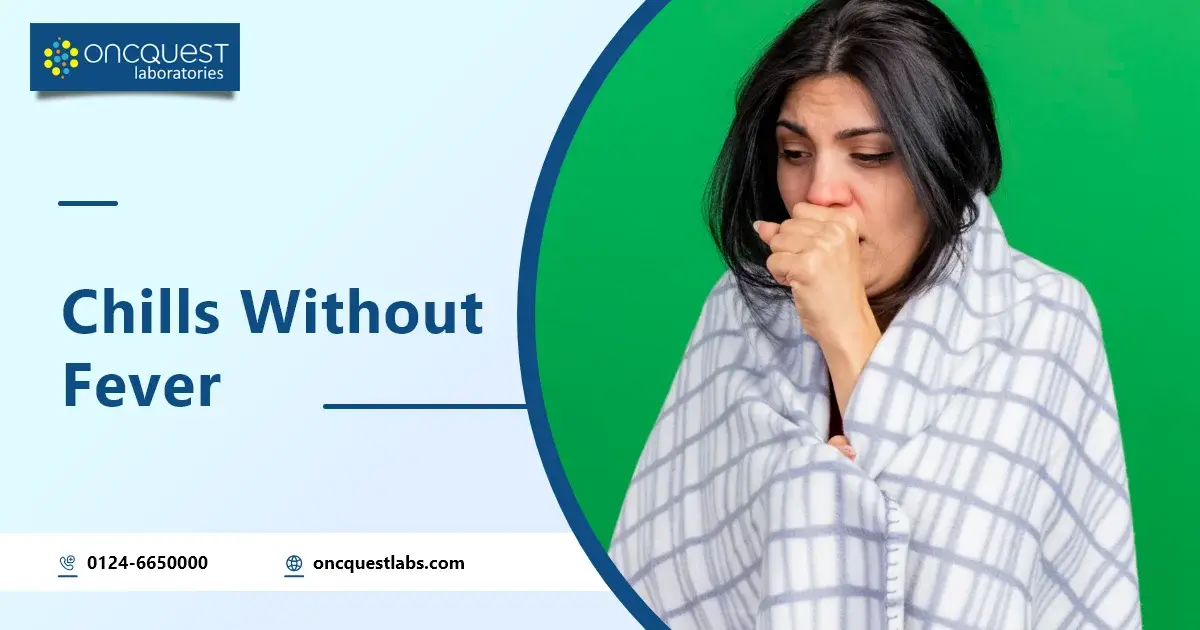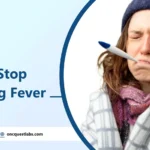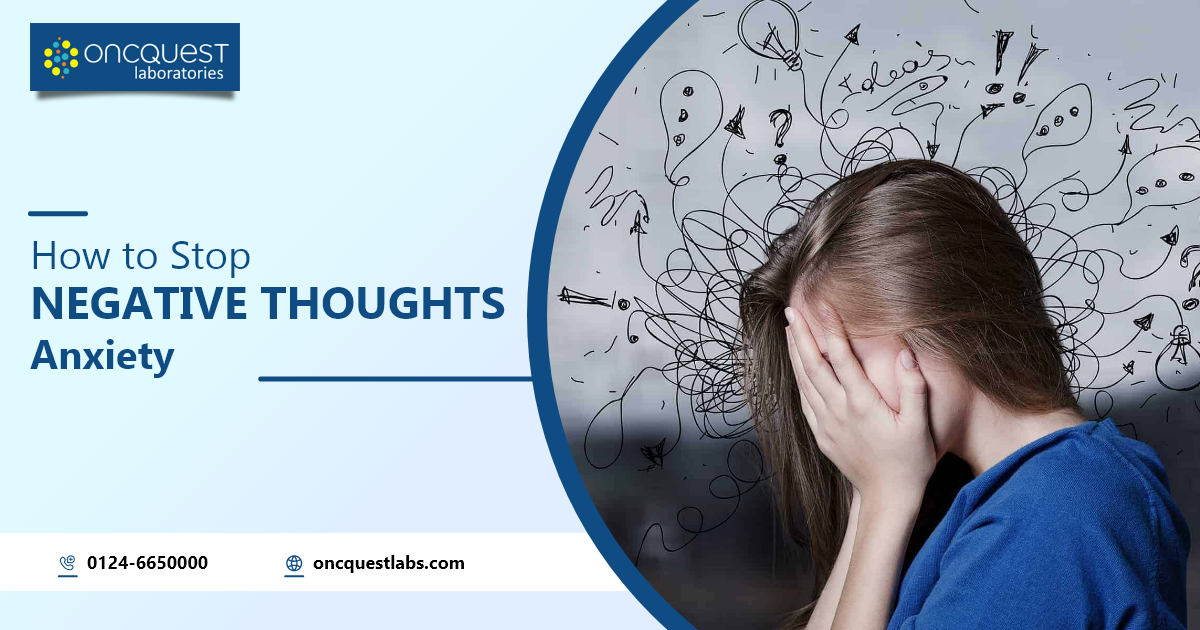When you’re sick, your body can feel strange. Sometimes you might sweat and shiver at the same time because you feel both hot and cold. Other times, you might shiver and feel cold even if you don’t have a fever. This can be confusing and make you feel anxious.
These feelings happen because your body is fighting an illness. When you’re sick, your body’s temperature can rise, making you feel hot and sweaty. But sometimes, your body’s way of fighting the illness can make you feel cold and shivery instead.
In our blog, we’ll explain why your body acts this way and what could be causing these strange feelings when you’re sick.
Contents
Suddenly feeling cold and shaking without a fever?
1. Feeling Cold in Cold Places: Being in a cold place can make you shiver even if you’re not sick. Your body shivers to keep warm and holds onto blood to stay hot.
Solutions: Wear warm clothes, use blankets, and don’t stay in the cold too long.
2. Chills from Stress and Anxiety: Feeling stressed or anxious can make you feel chilly. Stress hormones make your blood vessels smaller, causing a sudden chill.
Solutions: Try deep breathing, meditation, or yoga to manage stress and chills.
3. Chills from Infections: Infections like the flu can make you shiver before you get a fever. Your body releases chemicals to fight germs, causing chills.
Solutions: Rest, drink water, and use medicine to feel better.
4. Chills from Low Blood Sugar (Hypoglycemia): Low blood sugar levels can make you shiver, especially if you have diabetes or miss meals.
Solutions: Check blood sugar often, eat well, and have meals regularly.
5. Chills from Anemia: Anemia, when you have low red blood cells, can make you feel cold.
Solutions: See a doctor for help, which might include taking iron or changing your diet.
6. Chills from Medicines: Some medicines can make you feel cold.
Solutions: Talk to your doctor if you feel cold from medicine. Don’t stop taking it without asking your doctor.
7. Chills from Menopause: Women going through menopause might feel chills because of hormone changes.
Solutions: Lifestyle changes can help, like managing symptoms.
8. Chills from Thyroid Problems: Problems with your thyroid can make you feel cold.
Solutions: Get a test and follow your doctor’s advice.
9. Chills from Substance Withdrawal: Quitting alcohol or drugs can make you shiver.
Solutions: Get help from professionals to manage symptoms and addiction safely.
Home remedies for chills with no fever
1. Dressing in Layers for Cold Weather:
- Wearing layers helps keep your body warm.
- You can add or remove clothes depending on how cold or hot you feel.
2. Medicines for Chills:
- Acetaminophen or ibuprofen can help if you have chills from a medical reason.
- Talk to your family doctor to find out why you have chills.
3. Drinking Water for Chills:
- If you feel cold because you’re not drinking enough water, drink plenty of water and drink with electrolytes.
- If you still feel cold, see a doctor.
4. Getting Checked by a Doctor:
- It’s important to know if your chills are from something serious.
- A doctor can do tests to find out why you have chills and what to do about it.
When to see a doctor
Knowing why you have chills is key to finding the right treatment. Just because it’s flu season doesn’t mean chills always mean the flu. Chills can sometimes mean something serious, so it’s important to see a doctor quickly.
If you have chills along with chest pain, stomach pain, trouble breathing, or any unusual symptoms, go to the doctor right away.
During COVID and flu seasons, people might think chills are just from an infection and hope they’ll go away. But they could be a sign of a bigger health problem that needs proper testing and treatment. If you’re unsure about your health, talk to your family doctor and get help.
Frequently asked questions
Q1: Why do I have the chills but no fever?
A1: Sometimes your body can feel achy and chilly, even if you don’t have a fever. This can happen because of an infection or sickness, but it can also be from being too cold, feeling stressed, having allergies, not drinking enough water, or taking certain medicines. How you make it better depends on what caused it. For example, using warmth can help if you’re cold or your muscles are tight.
Q2: How do I stop shivering?
A2: Putting on more clothes or going somewhere warm can help when you’re feeling cold chills. Drinking hot drinks like hot chocolate, coffee, or tea can warm you up from the inside. If chills are caused by being sick or having a health issue, fixing that problem should make the chills go away.
Q3: How do I get rid of the chills?
A3: If you have a fever and chills, medicines like acetaminophen, aspirin, or ibuprofen can help. Don’t wrap yourself in blankets or use fans or air conditioners if you’re too warm. Doing these things can make the chills worse and might even make your fever go up.





